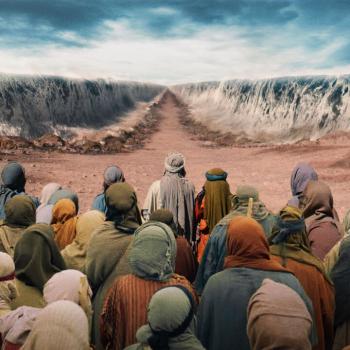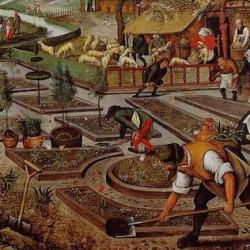Consumerism is a popular category of analysis, but what exactly does it mean? How is consumerism or the consumer society different from anything else? Haven’t every economies had producers and consumers?
In his The Romantic Ethic and the Spirit of Modern Consumerism , Colin Campbell offers this description of consumerism: “that distinctive cultural complex which was associated with the consumer revolution in eighteenth-century England, and which embraced the rise of the novel, romantic love and modern fashion, is related to the widespread adoption of the habit of covert day-dreaming. The central insight required is the realization that individuals do not so much seek satisfaction from products, as pleasure from the self-illusory experiences which they construct from their associated meanings. The essential activity of consumption is thus not the actual selection, purchase or use of products, but the imaginative pleasure-seeking to which the product image lends itself, ‘real’ consumption being largely a resultant of this ‘mentalistic’ hedonism. Viewed in this way, the emphasis upon novelty as well as upon insatiability both become comprehensible.”
Novelty is thus more important than utility, and even novelty is not so important as perceived novelty: “The fact that a so-called ‘new’ product may not, in reality, offer anything resembling either additional utility or a novel experience is largely irrelevant, as all real consumption is a disillusioning experience in any case. What matters is that the presentation of a product as ‘new’ allows the potential consumer to attach some of his dream pleasure to it, and hence to associate the acquisition and use of the object with realization of the dream. As soon as this identification has taken place, the product will be ‘desired,’ as some of that intense longing which is generated by the practice of day-dreaming becomes linked to the product in question.”














